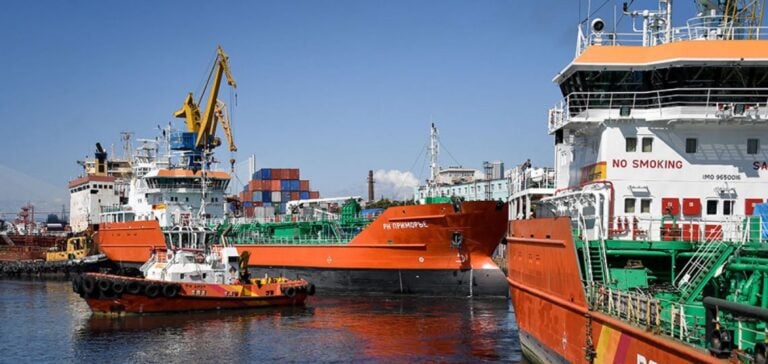Ukraine’s drone campaign against Russian refineries could affect a lucrative oil trade in Libya, over 4,000 km away. This business, which involves importing Russian fuel via intermediaries in Turkey, has emerged as a trade route for Moscow in recent years in response to Western sanctions. However, much of this oil is allegedly shipped out of Libya to Sudan, fuelling regional conflicts.
Impact on product flows
Russian refining capacity suffers heavy losses following Ukrainian attacks. These influence product flows, as Russia seeks to protect fuel supplies for its army and population centers ahead of summer demand. This could force smugglers to look for other sources of fuel to maintain the black trade in Libya, recently criticized by Prime Minister Abdul Hamid al-Dbeiba.
The challenges of fuel smuggling
According to analysts, the quantity of fuel imported into Libya should be more than sufficient to meet domestic demand. Yet fuel shortages and long queues at service stations are frequently reported, suggesting massive smuggling to neighboring countries. This situation is fuelling criticism of the Dbeiba government, which is accused of neglecting the issue.
The consequences of the Ukrainian attacks
The Ukrainian attacks on Russia have already begun to affect product shipments to Libya. Russian diesel and gasoline exports to Libya, which had reached record levels in January, have since halved in March. These developments place Libya in a complex situation, where the growing controversy surrounding fuel smuggling calls into question the stability of the Dbeiba government.
The controversy surrounding fuel smuggling and the subsidy program could exacerbate political tensions in Libya, which is already divided between several factions. Calls to reform the subsidy program, which drains the country’s foreign reserves, and the investigation into the management of fuel imports by Libya’s National Oil Corp (NOC) underline the challenges facing the country in its quest for stability and economic prosperity.






















